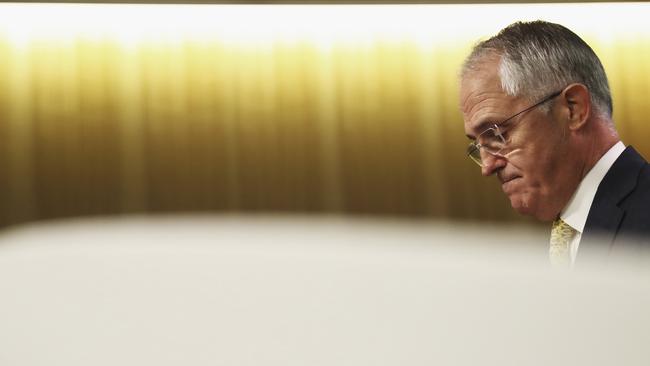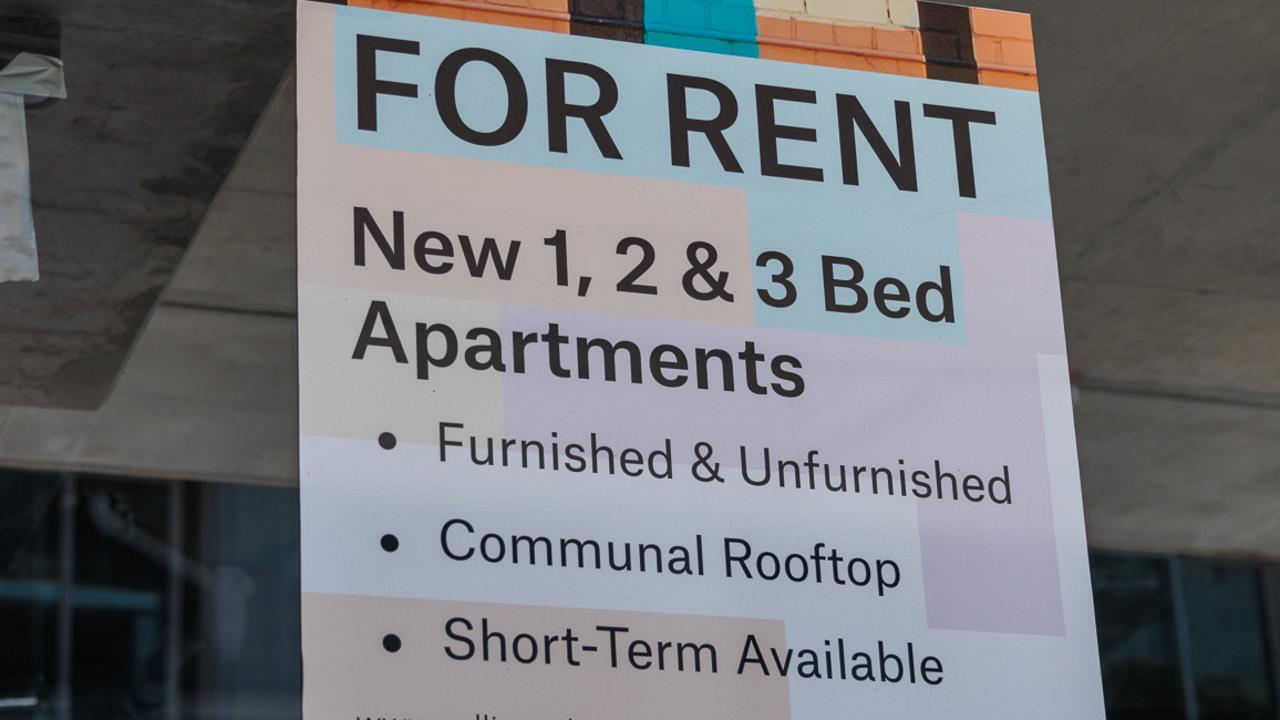Hung parliament bad for business
THE possibility of another hung parliament is bad news for the business and economy, experts have warned, no matter who becomes Prime Minister.

THE possibility of another hung parliament is bad news for the economy, experts have warned.
As Australia faced an uncertain wait following Saturday’s inconclusive election cliffhanger, the Australian dollar and the stock market edged lower early on Monday.
The possibility of a downgrade to Australia’s triple-A sovereign credit rating is growing, which would push up borrowing costs and make it more difficult for the government to pay off its debts.
“I would expect the rating agencies — who seem to have wanted to keep their heads down during the election campaign — now to express publicly their concerns about the state of the budget,” independent economist Saul Eslake told the AFR.
“I don’t know whether any of them will formally downgrade Australia’s rating, or put Australia on ‘negative watch’ — but I wouldn’t be surprised if at least one of them does.”
The ASX 200 broke into positive territory just before midday AEST after falling around half of one per cent. At 7am, the Aussie dollar was trading at 74.48 US cents, down from 74.56 cents on Friday, but had regained ground to 74.68 cents by midmorning.
The dollar rebound came after Moody’s played down the immediate threat to Australia’s credit rating, saying it would only come under threat if the government showed a lack of interest in returning the budget to surplus in the medium-term.
On Sunday, AMP Capital chief economist Dr Shane Oliver raised the spectre of a rating downgrade, saying another three years of “de facto minority government ... is not a great outcome for the economy and investment markets”.
“Whoever wins it means that the risk of a sovereign credit rating downgrade has increased further,” he said.
“Even if the Coalition does win government it won’t have control of the Senate with the balance of power remaining with the Greens and minority parties which will act as a huge constraint on the government.
“The end result will be poor prospects for getting government spending and the budget deficit under control over the next three years and for the Coalition implementing its policy to cut corporate taxes let alone undertaking serious productivity-enhancing economic reforms.”
Dr Oliver, along with Deloitte Access Economics’ Chris Richardson, has previously come out in favour of the Coalition’s proposed company tax cut.
Labor has supported the tax cut for small businesses with turnover under $2 million, but will not back tax cuts for big business.
Alternatively, he said, if Labor manages to form government it would likely mean faster public spending growth, tax increases, a royal commission into banking and “greater intervention in the economy”.
The broader trend of voters supporting higher spending, higher taxing Labor, the Brexit vote in the UK and the success of Donald Trump and Bernie Sanders in the US showed voters were shifting “away from the economic rationalist policies of deregulation, smaller government and globalisation”.
“This is a negative for long-term growth prospects and an additional constraint on investment returns,” he said.
Prime Minister Malcolm Turnbull has avoided saying whether an inconclusive election result will put Australia’s triple-A credit rating at risk.
Mr Turnbull instead said he expected the election count to take a few more days with a resolution by the end of next week.
“What we will do is ensure that we work constructively and effectively with all of the members of the new parliament to ensure that we deliver the stability and the leadership that Australians expect,” he told reporters in Sydney on Sunday.
James Pearson, chief executive of the Australian Chamber of Commerce and Industry, said yesterday the close election result didn’t alter the need for economic reform.
“The company tax cut — initially for the smallest businesses — to encourage investment and create jobs, should be legislated as soon as the next government returns to Parliament, as both the Coalition, and to an extent Labor, supported this critical measure,” he said.
“Uncertainty remains for owners of small and medium enterprises with a turnover of up to $10 million, and for larger businesses. This is disappointing.
“Australia cannot afford the risk posed by isolationist and populist policies and the next government must get public sector spending under control, to tackle the very real challenges facing Australia in an uncertain world.”
Business Council of Australia CEO Jennifer Westacott said the “best outcome for business is a clear result and reassurance that the next parliament will be able to work productively”.
“While counting of votes is likely to continue for several days, Australians and Australian business can ill-afford gridlock, recriminations or infighting,” she said.
“We need all parties who are likely to be represented in parliament to focus on the importance of improving Australians’ standard of living through a strong and growing economy.
“When the next government is formed, it must continue to tackle the important tasks of reform.”
— with AAP




